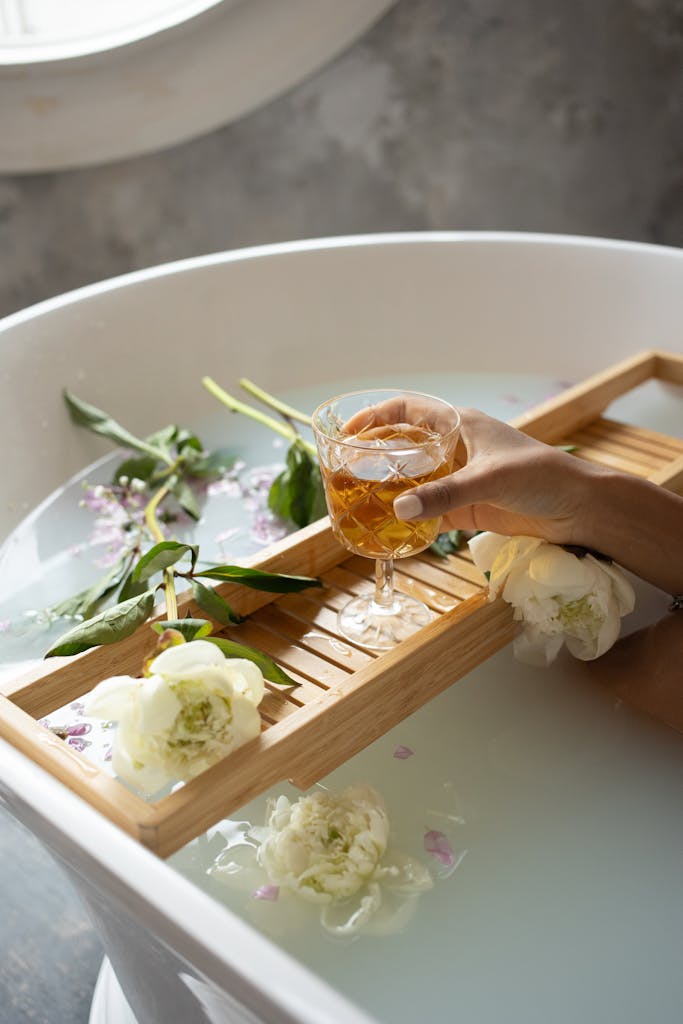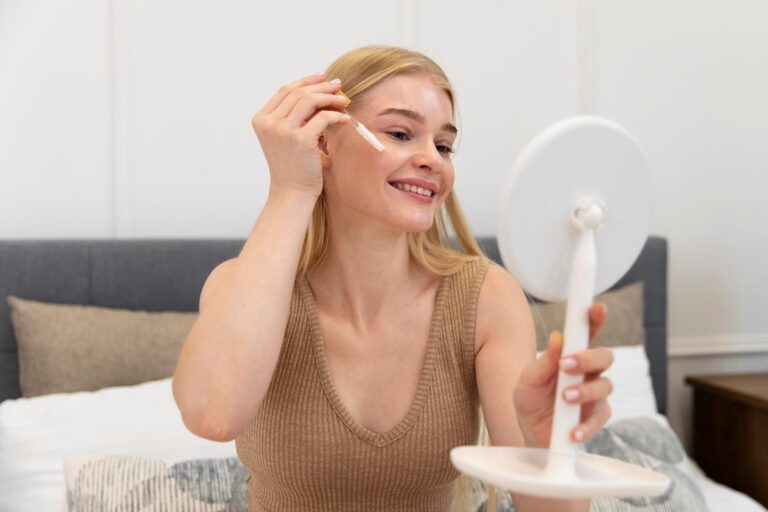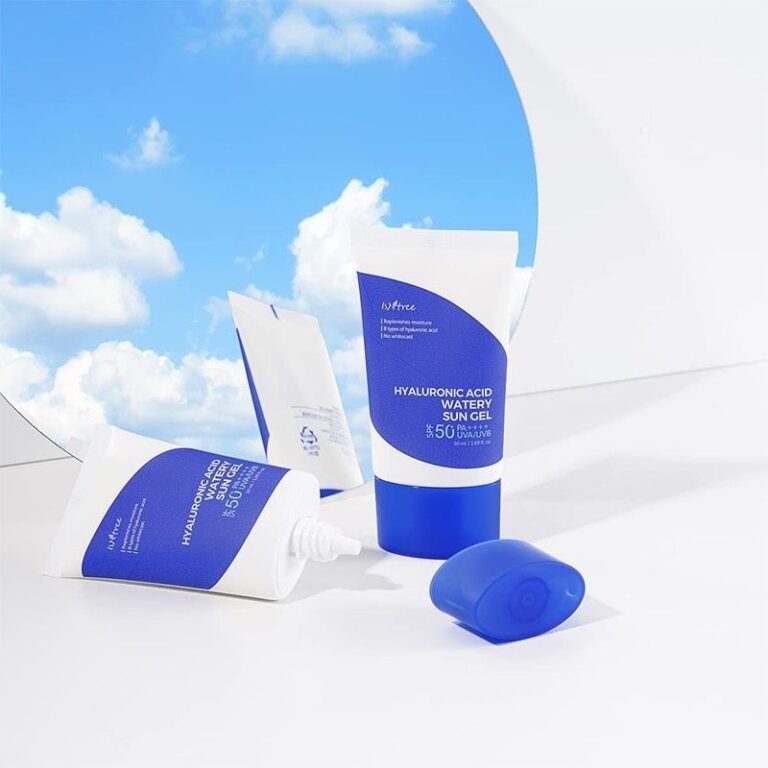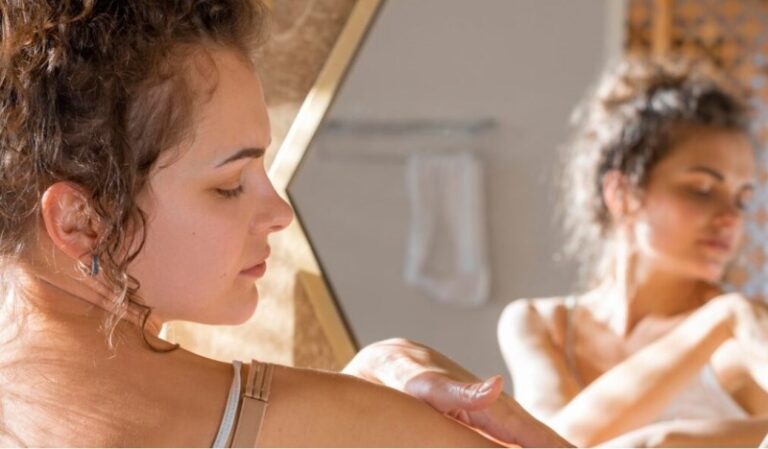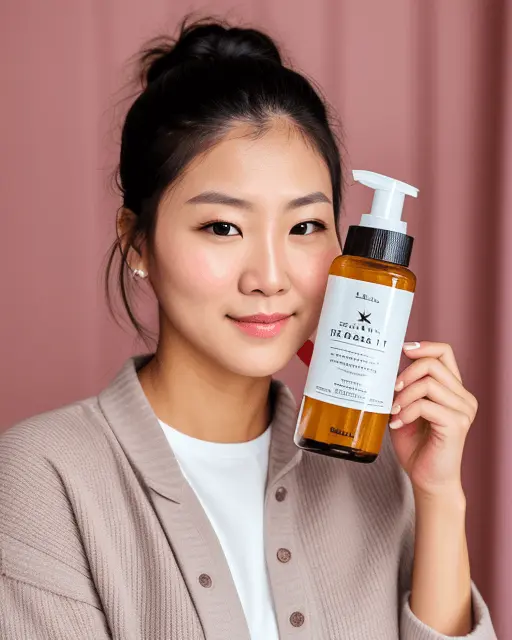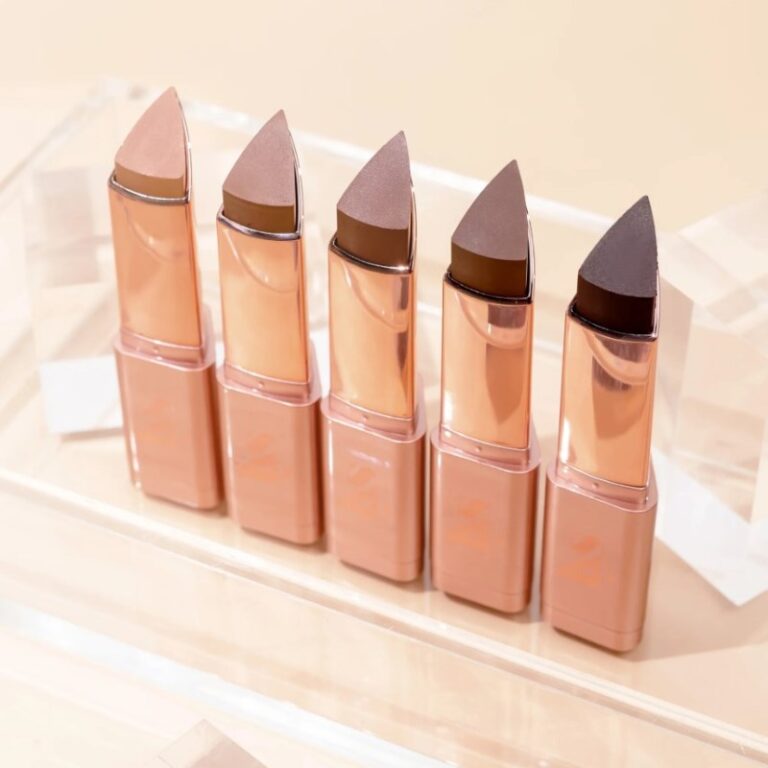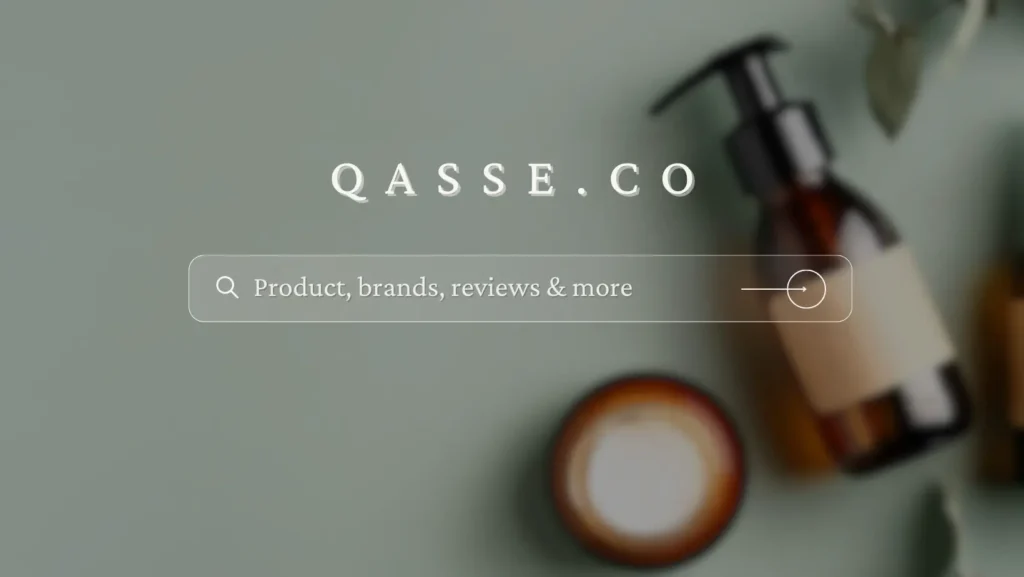Why Alcohol Is Added To Some Skincare Products And What To Know
Alcohol in skincare is a hot topic – some say it’s the devil, others swear by it. The reality is that not all alcohols have the same impact when it comes to their effects on your skin. It pays to understand the different types and how they could potentially help or harm your specific skin concerns.
The Purpose of Alcohol in Skincare
You know how some skincare products just seem to last forever before going bad? Alcohol deserves props for that. As a preservative, it helps prevent bacterial growth and extends a formula’s shelf life.
But alcohol isn’t just a shelf-life superstar. It’s also a bit of a skincare delivery person, enhancing the penetration of active ingredients so they can really get to work.
If you’re dealing with an oily complexion, alcohol can be your new best friend. Its ability to control shine and soak up excess oil is why it’s found in many mattifying products.
Don’t be too quick to dismiss alcohol, though. Its astringent qualities make it ideal for deep-cleaning toners that help unclog pores and remove impurities.
And let’s appreciate alcohol’s ability to evaporate quickly, leaving behind a desirable, non-greasy finish – perfect for those who like to layer their skincare under makeup.
Good vs. Bad Alcohols
Let’s get one thing straight – not all alcohols in skincare deserve the side-eye. There’s a distinct divide between the good ones and the bad ones.
The good guys go by names like:
- Cetyl alcohol
- Stearyl alcohol
Despite how they sound, these fatty alcohols can be pretty moisturizing for your skin.
But then you’ve got the troublemakers like:
- Denatured alcohol – Extremely drying, can disrupt skin’s protective barrier
- Ethanol – Drying and irritating, especially for sensitive skin types
- Isopropyl alcohol – Another harsh, drying culprit that strips natural oils
If you’re plagued by dryness or easily inflamed skin, doing your due diligence and scanning ingredient lists for these harsh alcohols is non-negotiable.
That said, even the good fatty alcohols might not vibe with everyone’s skin. Patch testing is always a smart move before committing to any new product.
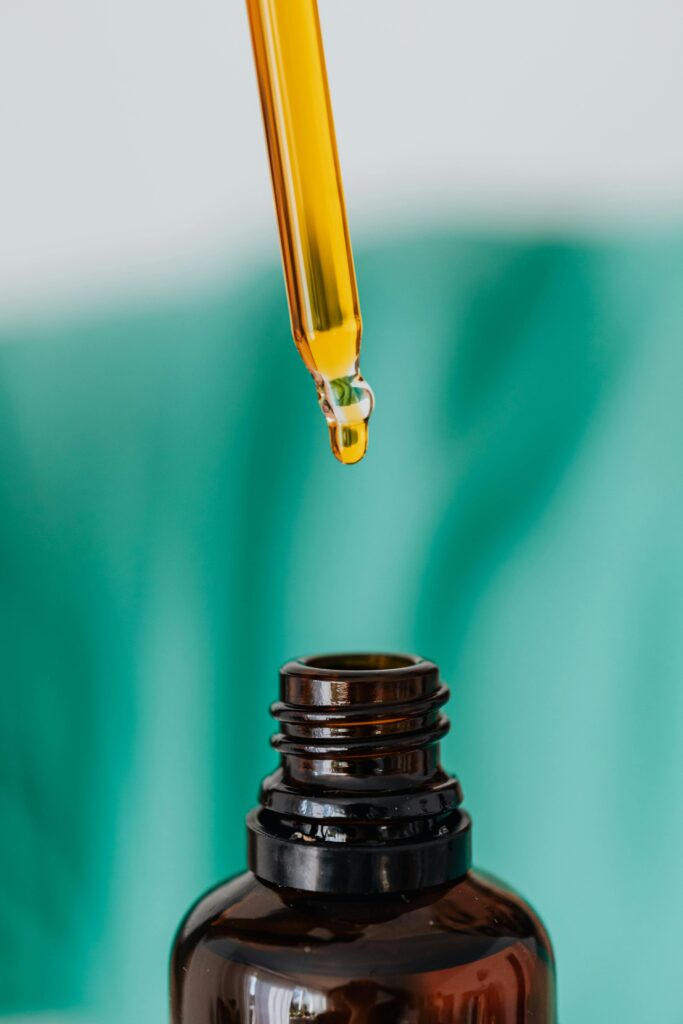
Potential Benefits of Alcohol in Skincare
For those prone to oily skin, alcohol-based products can be a godsend. Their rapid evaporation provides a matte, shine-free finish that lasts.
Alcohol improves the spreadability of formulas, allowing for smoother, more even application across the skin’s surface. This enhanced slip also aids in deeper absorption of active ingredients.
Don’t underestimate alcohol’s cleansing prowess, either. Many toners harness its astringent properties to whisk away pore-clogging gunk like excess oil, dirt, and makeup residue.
What’s great is how quickly these formulas dry down, leaving no greasy after-feel – a major plus for those who hate that lingering tackiness.
While alcohol isn’t ideal for dry or sensitive types, its oil control and deep cleansing abilities make it a valued ally for those battling shininess and congestion.
Drawbacks of Alcohol
As beneficial as alcohol can be in some skincare formulas, it has potential pitfalls—especially for those prone to dryness or sensitivity.
The key issue? Alcohol’s ability to deplete the skin of its natural oils. Over time, this can manifest as dryness, tightness, and irritation.
If you’re already dealing with conditions like eczema, rosacea, or dermatitis, alcohol could potentially worsen flare-ups and cause further inflammation.
There are also concerns around alcohol’s long-term impact on the skin’s protective barrier. Disrupting this makes your complexion more vulnerable to environmental aggressors and premature aging.
Those with naturally dry or dehydrated skin may want to steer clear or at least limit alcohol exposure, favoring gentle, replenishing formulas instead.
It’s worth noting that the severity depends on the type of alcohol used and its concentration within a product formulation.
Like most potent skincare ingredients, moderation is advisable to reap alcohol’s benefits without compromising your skin’s health and resilience.
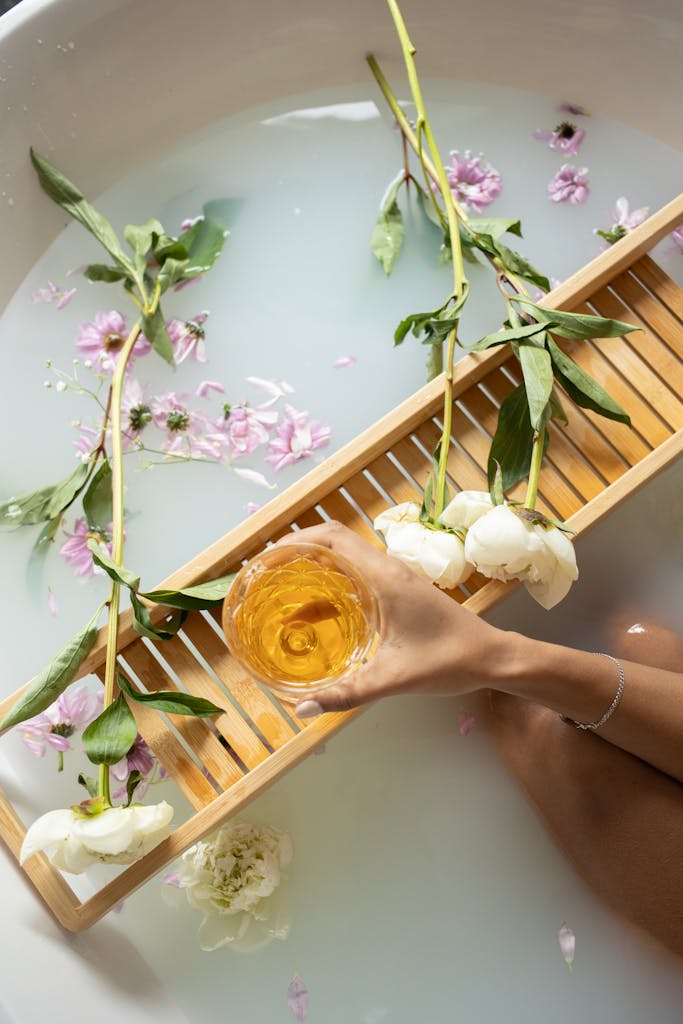
Choosing Alcohol-Free Alternatives
If alcohol-based products have been leaving your complexion feeling parched, tight, and generally unhappy, it may be time to explore alcohol-free skincare.
This is especially important for those with dry or sensitive skin that simply can’t tolerate alcohol well. Seek out formulas explicitly labelled “alcohol-free” to steer clear.
More and more brands are meeting this demand, making alcohol-free skincare easier to come by. But don’t just take marketing claims at face value – scrutinize those ingredient lists closely.
If “alcohol-free” isn’t spelled out, look for hydrating powerhouses like glycerin, hyaluronic acid, and nourishing plant oils and butters. Their moisturizing abilities can help offset any potential dryness.
Even with alcohol-free formulas, patch testing is a must before widespread application. Every complexion can react differently to the same ingredients.
If excessive dryness, redness, or irritation persist after eliminating alcohol, don’t hesitate to enlist professional help. A dermatologist can guide you toward routines and products perfectly suited to your unique skin concerns.
For some, using alcohol judiciously alongside replenishing ingredients may be fine. But for others, cutting it out entirely could be the ultimate solution to achieving a calm, healthy, radiant complexion.
Choosing Alcohol-Free Alternatives
If alcohol-based products leave your complexion feeling parched and unhappy, exploring alcohol-free alternatives could be a game-changer. This is especially crucial for those with dry or sensitive skin that doesn’t tolerate alcohol well.
More brands now cater to this demand but don’t take marketing claims as gospel. Scrutinize those ingredient lists closely:
- Look for products explicitly labeled “alcohol-free”
- Avoid formulas listing ethanol, denatured alcohol, or isopropyl alcohol
- For unlabeled alcohols, their higher placement often indicates a higher concentration
If “alcohol-free” isn’t stated, seek out hydrating heroes like glycerin, hyaluronic acid, plant oils, and butter. Their moisturizing abilities can offset potential dryness.
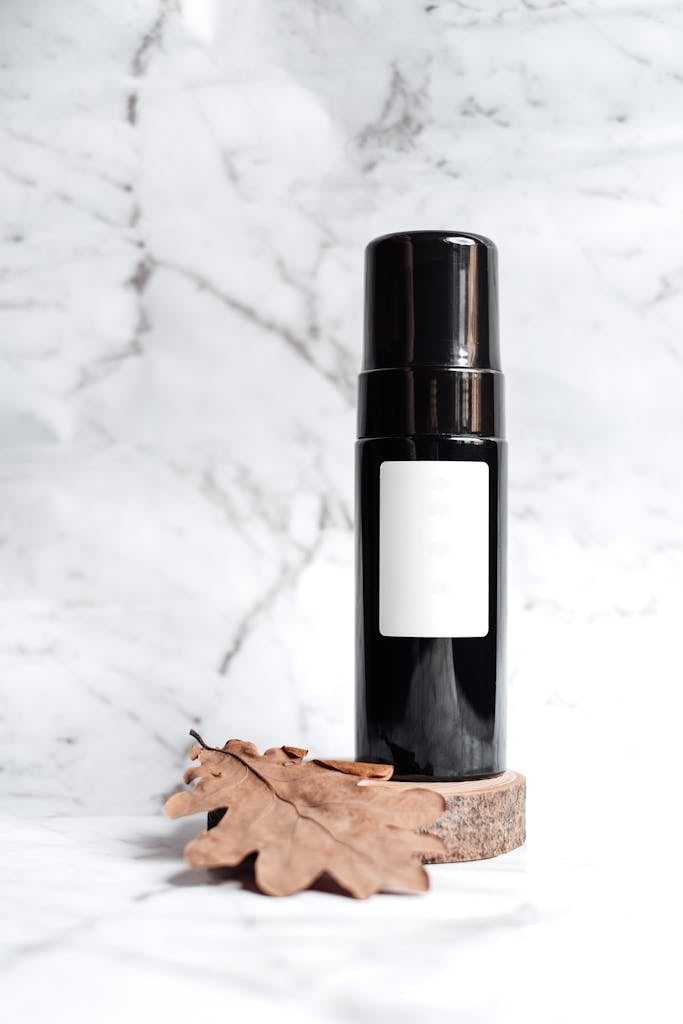
When Alcohol Might Be Beneficial
Don’t completely write off alcohol in skincare just yet – for certain skin types and scenarios, it can actually be beneficial.
If you’re plagued by excess oil or acne, alcohol’s mattifying and astringent properties may be a welcome addition. Its ability to degunk pores and control shine can be game-changing.
Speaking of astringents, many toners and clarifying treatments rely on alcohol to deep clean the complexion. It whisks away oil, impurities, and even makeup remnants.
For short bouts or targeted treatments, a little alcohol may be acceptable if it’s not the star ingredient. Moderation is key to avoiding that dreaded tight, dry feeling.
However, those with naturally dry, sensitive, or compromised skin should likely shy away from alcohol altogether or use it with extreme caution. If unsure, consulting a dermatologist is wise.
At the end of the day, the “to alcohol or not to alcohol” debate comes down to understanding your unique skin type and concerns. With that self-knowledge, you can make informed decisions on incorporating it judiciously.
Identifying Your Skin Type
Nailing down your exact skin type is crucial before deciding how to approach ingredients like alcohol. A few factors to evaluate:
- Oil production levels – Are you consistently shiny or more on the dry side?
- Sensitivity – Does your skin easily redden, sting, or become irritated?
- Existing conditions – Dealing with acne, rosacea, eczema, or anything else?
Don’t forget to account for your age too. Skin needs can shift over time, so what worked in your 20s may not fly in your 40s.
If you’re still utterly confused about where you fall on the skin type spectrum after considering all those variables, it’s wise to consult a dermatologist. Their trained eye can analyze your situation and steer you in the right direction.
Only once you truly understand your unique skin situation can you make informed decisions on which ingredients to embrace or avoid – alcohol included.

Alcohol-Free Product Recommendations
For those looking to steer clear of alcohol altogether, plenty of brands offer stellar alcohol-free options these days. A few worth considering:
- Dry Skin Types
- Cetaphil Daily Facial Moisturizer – Non-comedogenic, fragrance-free, uses glycerin and vitamin E to hydrate
- First Aid Beauty Ultra Repair Cream – Colloidal oatmeal and shea butter provide rich moisture
- Oily/Acne-Prone
- Cetaphil Daily Facial Cleanser – Gentle yet effective at clearing pores
- La Roche-Posay Effaclar Duo – Tackles oil and blemishes with lipo-hydroxy acid
- Sensitive
- Vanicream Gentle Facial Cleanser – A simple, minimal formula
- Aveeno Calm+Restore Oat Gel Moisturizer – Ultra-gentle, features prebiotic oat
Of course, these are just examples. It’s wise to scan ingredient lists closely for any potential triggers tailored to your needs. And never skip the patch test when trying something new!
Conclusion
Figuring out if alcohol belongs in your skincare routine is highly personal. Everyone’s complexion is different, with varying tolerance levels and concerns. If you’re feeling uncertain about the role alcohols might play for your unique skin, don’t tough it out alone.
Looping in a skincare professional can provide the customized guidance you need. A dermatologist’s expertise can help analyze your individual case, pinpointing any potential triggers or problem ingredients. Their insight steers you towards a regimen tailored to promote a calm, healthy, radiant glow.
